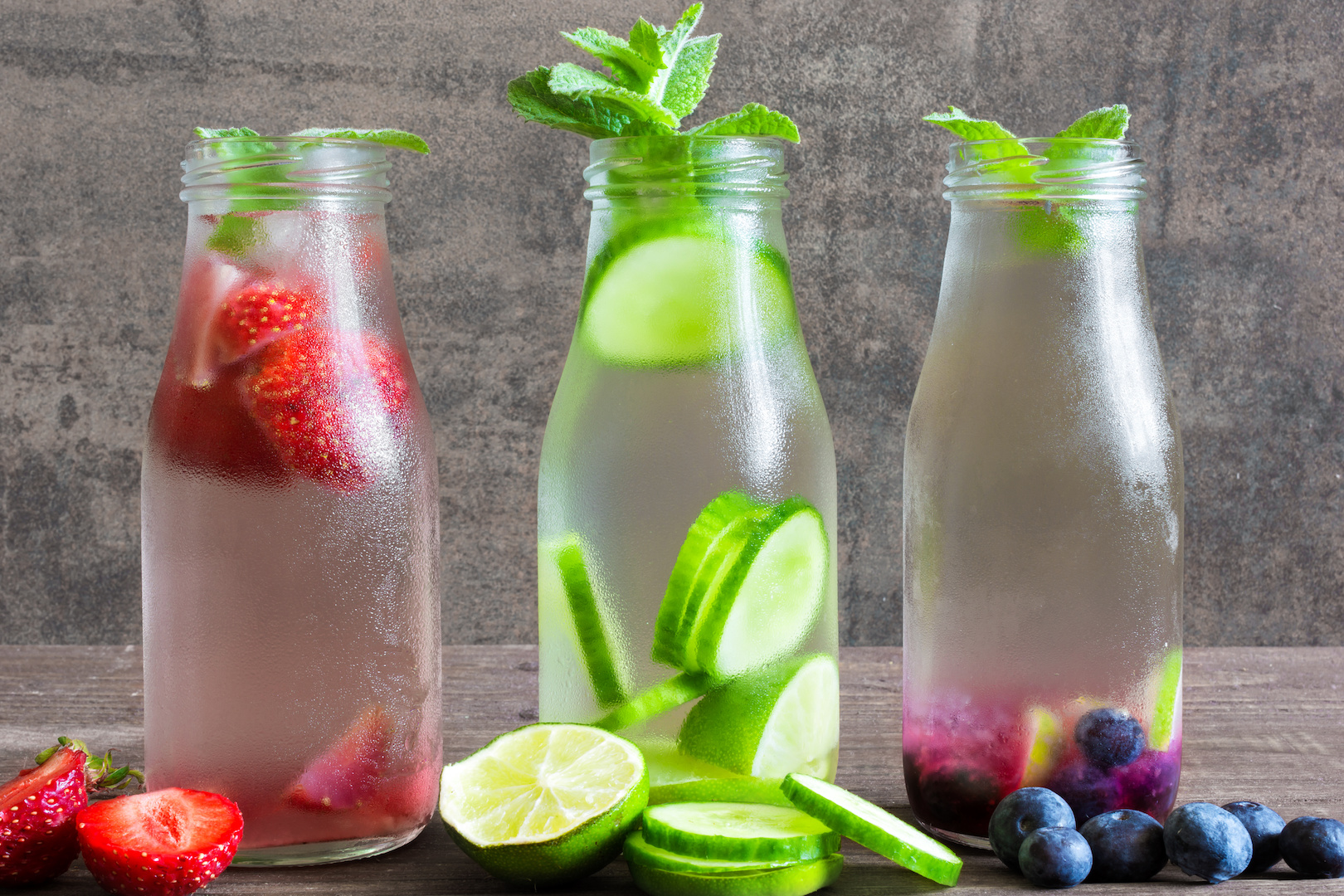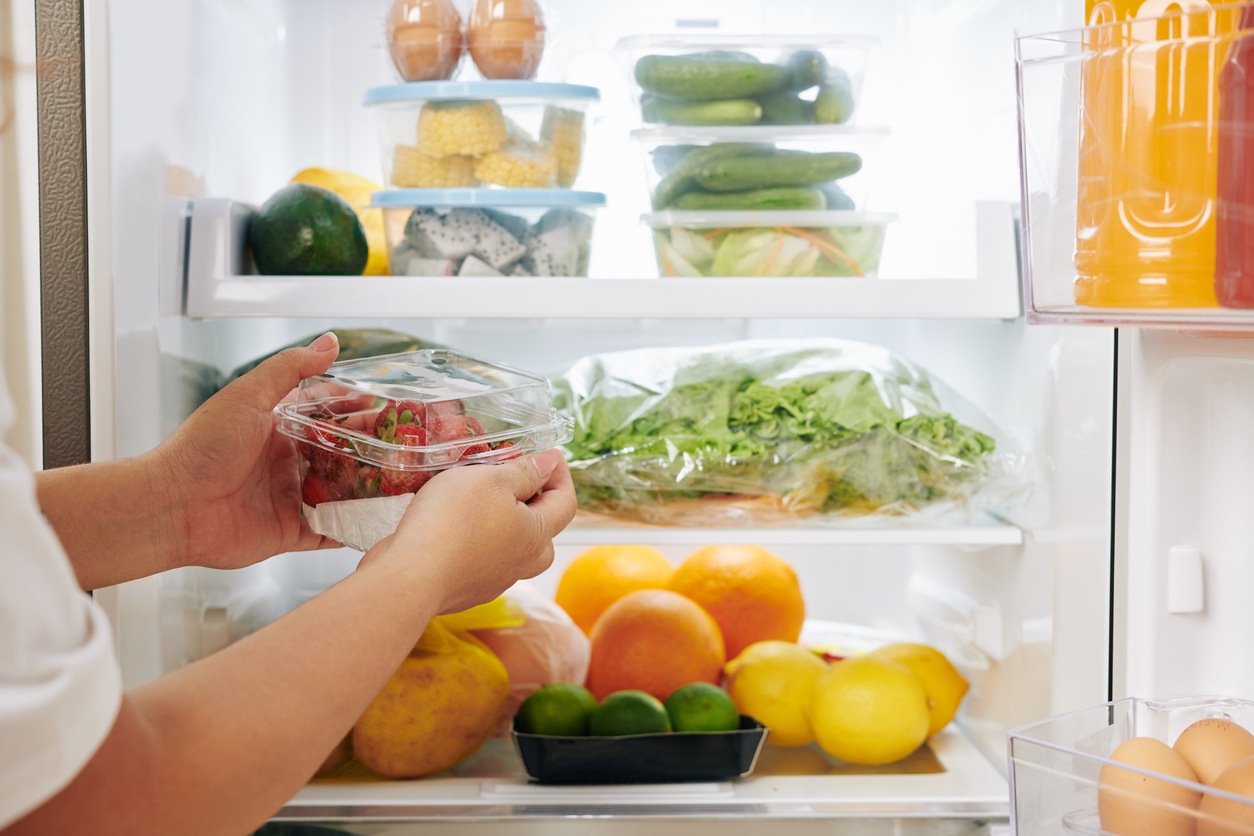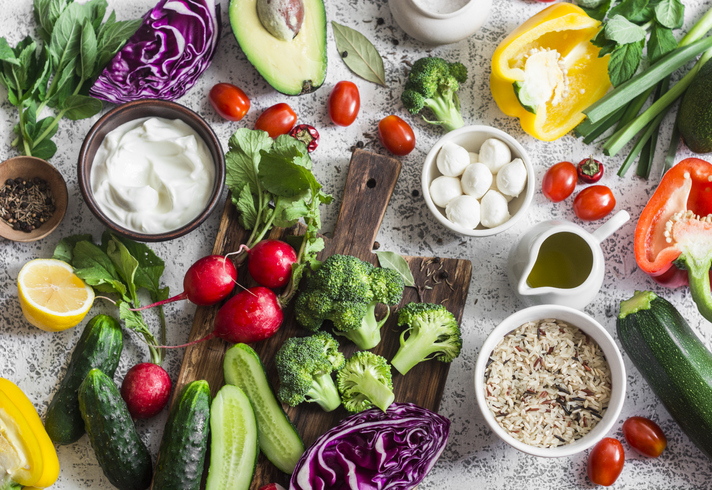
Sugary Drink Alternatives
As the weather warms up, cracking a cold canned or bottled beverage always seems like a perfect way to quench your thirst! But so many options can be laden with sugar, which can be fine as an occasional treat, but are not recommended as a daily occurrence, especially for children.
Instead of soda pop, store-bought iced tea, lemonade or juice, try the following hydration options:
- Infused water—add mint or other herbs, cucumber or fresh fruit—keep a pitcher in the fridge (or make ice cubes with these ingredients frozen inside)
- Bubbly water—plain or flavoured soda water, but unsweetened (including artificial sweeteners) options are the better choice
- Homemade lemonade can contain a fraction of the sugar of store-bought–if you are used to the taste of traditional store-bought lemonade, start by diluting it with regular or carbonated water by ¾ and working down to ¼ when your taste buds adjust.
- Chilled herbal tea, like mint, lemon or fruit-based—use a touch of honey to sweeten as needed
- A colourful, fresh fruit platter or frozen watermelon cubes
- Lower fat milk and fortified soy beverage can also contribute to hydration needs—consider blending with fresh or frozen fruit into a refreshing smoothie
- Make a savoury or sweet chilled soup like avocado/cucumber, gazpacho or melon
It is most important to keep hydrated with water, especially when it’s hotter out and while doing physical activity. The usual water recommendations per age, sex, size and health condition get bumped up when it’s hot and you’re more active, but the amount you need depends on your body and what’s right for it. The colour of your urine can be a good indicator of your hydration level—you don’t want it to be too dark a yellow colour. Generally, boys and girls age 9-13 need about 7 cups per day, women need 9 cups and men 12 cups per day.
For more information about your hydration needs, call or visit HealthLink BC at 8-1-1 or https://www.healthlinkbc.ca/health-topics/abk5466



